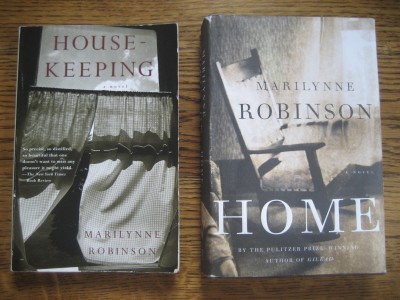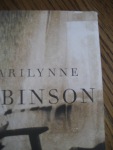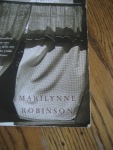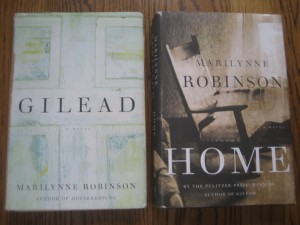 In Georgia Heard’s book, The Revision Toolbox, she writes about “the sinking feeling that a writer gets after she reads her piece of writing and realizes that it’s not quite right.”
In Georgia Heard’s book, The Revision Toolbox, she writes about “the sinking feeling that a writer gets after she reads her piece of writing and realizes that it’s not quite right.”
But to me, the more important sinking feeling is the one I get as I’m reading a word, a phrase, a sentence, or a paragraph.
It’s a voice that gives me the sinking feeling. Something’s not right here, it says. It is immediate. And it is often very, very faint and very, very vague. Sometimes it only comes as I turn the page. No, no. Go back, it says.
Or as Marilynne Robinson writes in Gilead, “That old weight in the chest, telling me there is something I must dwell on, because I know more than I know and must learn it from myself–.”
It’s a voice that took me a long time to hear and an even longer time to grasp. At first, it seemed to slip through my fingers. Now I read slowly, listening for any sign of it.





You must be logged in to post a comment.